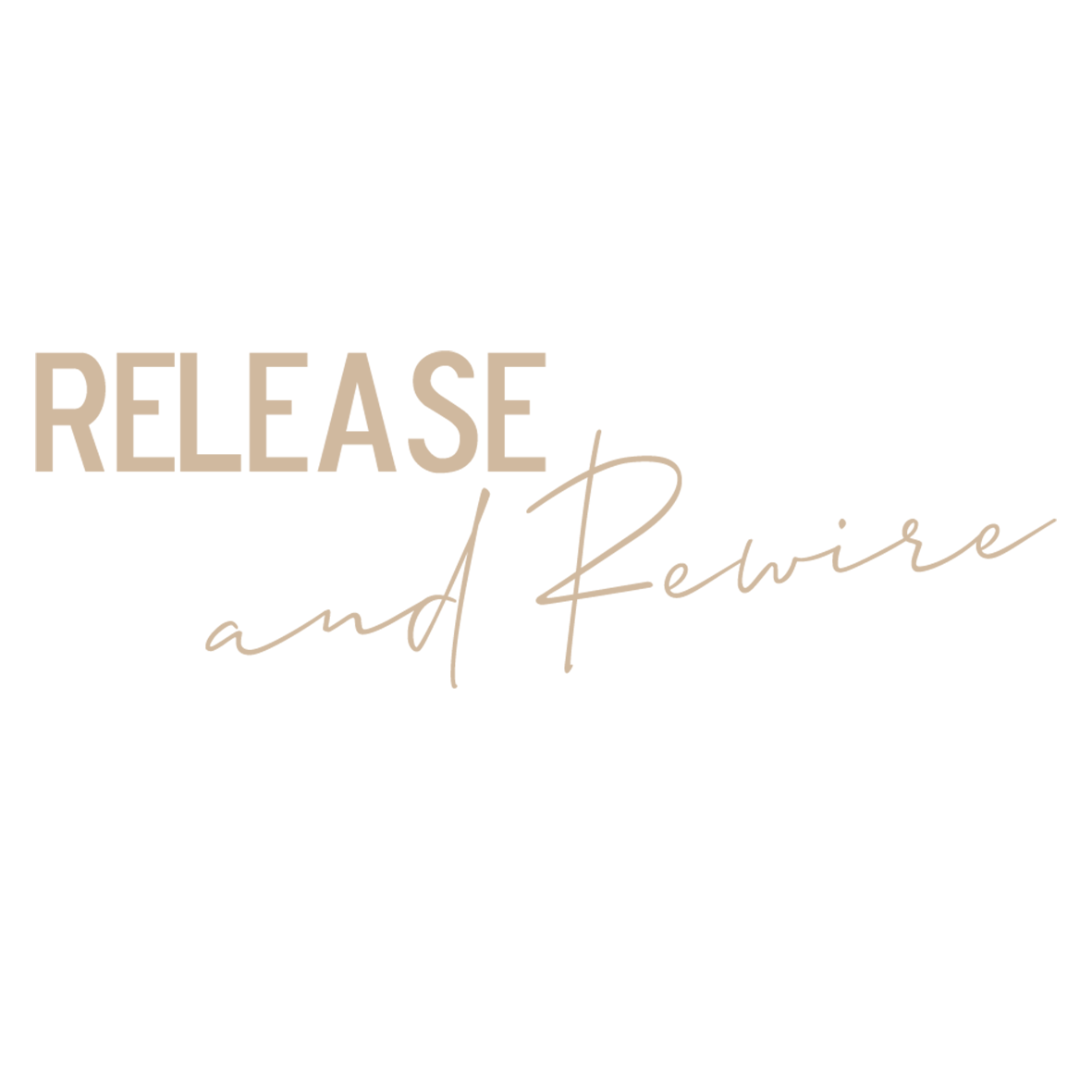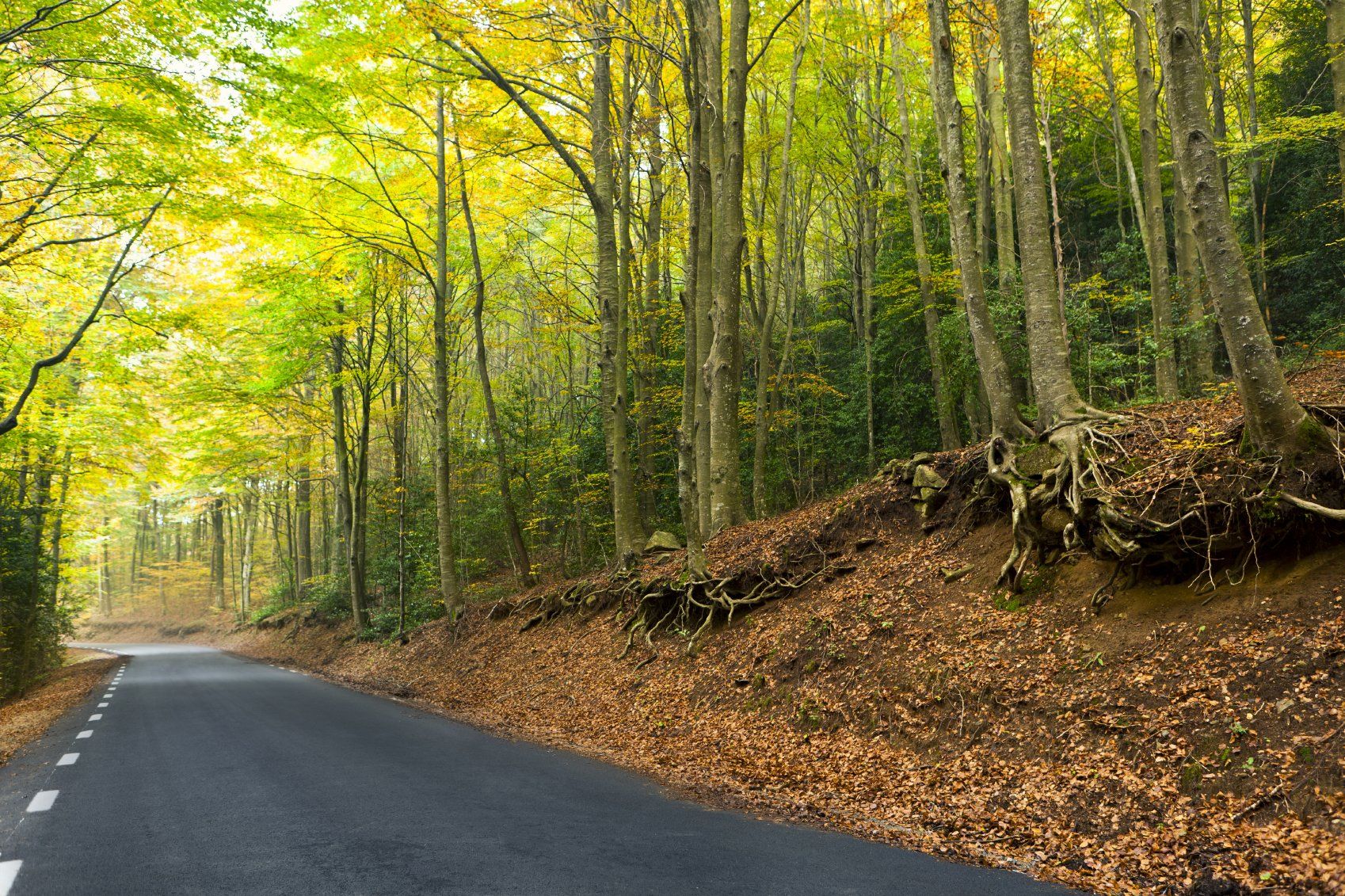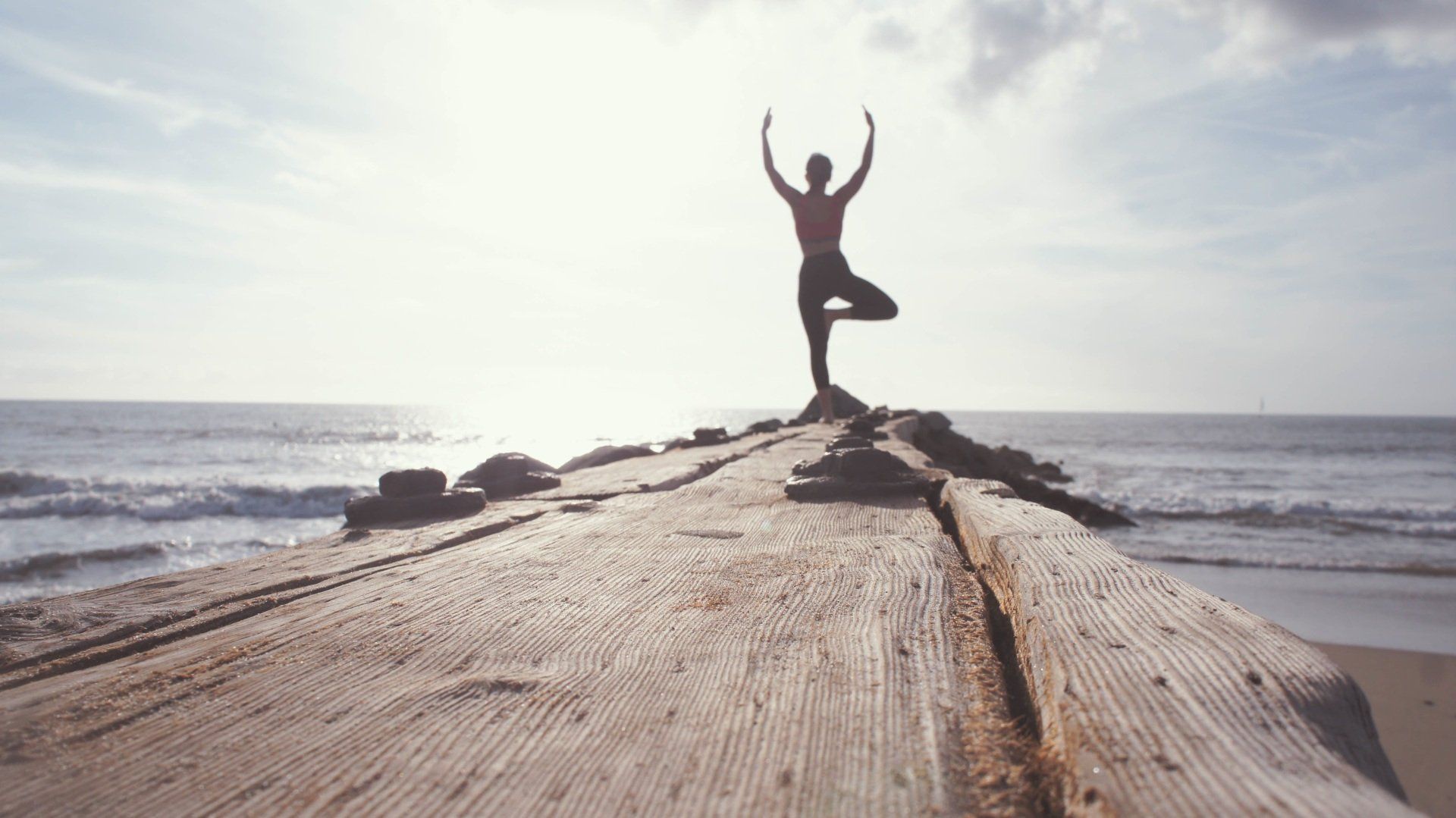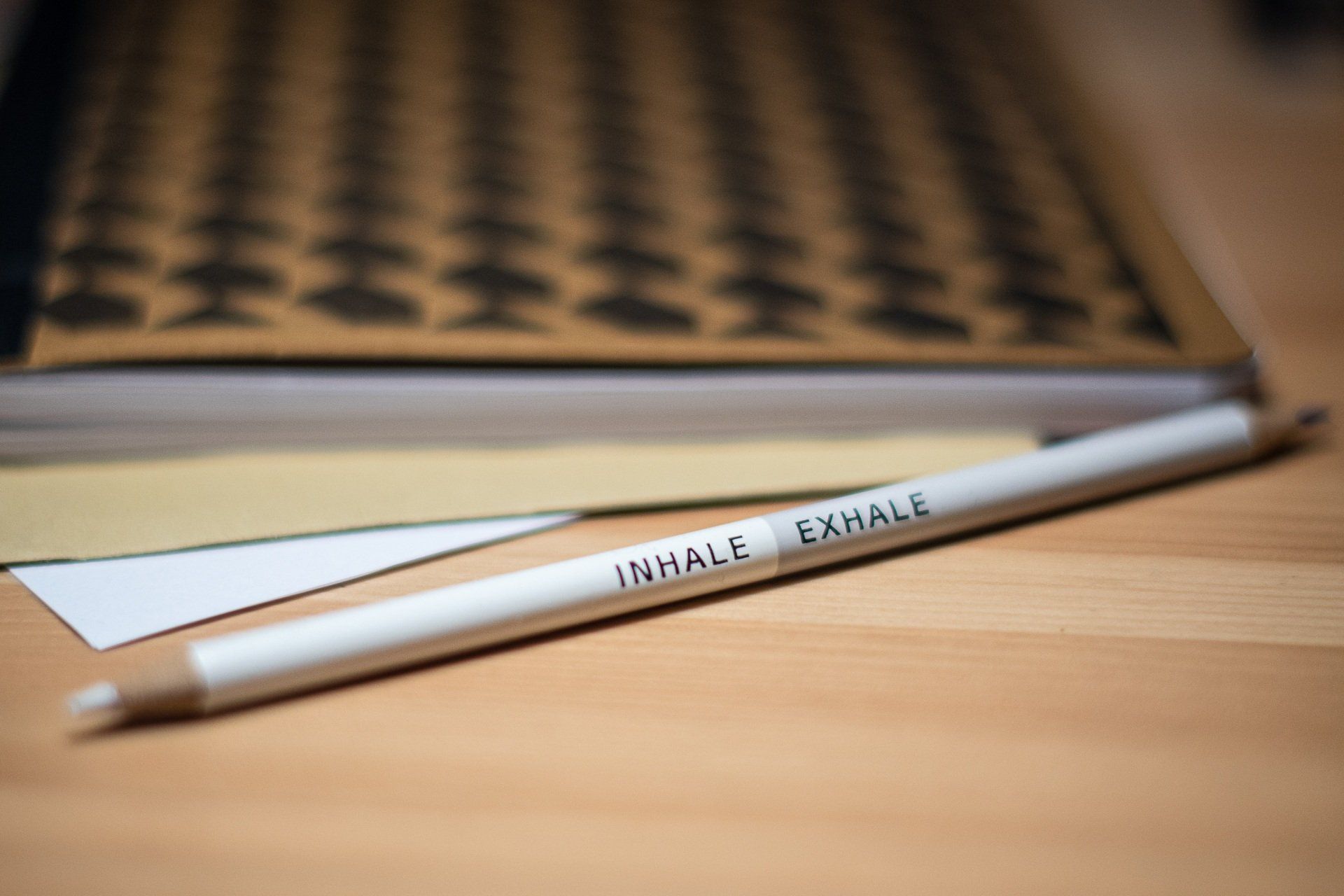Live the present, it is the only moment you are sure about !
karim Baz • January 13, 2022
Resonance or Resistance?

Life has been and will always be full of changes and now, more than ever. Pandemic, again limited social contact in some places, fears and doubts are all factors that made us struggle to maintain balance in our lives.
It might sound weird but although the battle was and might be still frustrating, it isn’t ALL bad! It allowed a lot of us to look inward, learn about ourselves and about what and who we really are, what we really like and what we don’t, challenge our views to “What was normal” and “what are we willing to subject ourselves to now”.
Here are few simple questions that touch different areas of life, that I used to ask to myself throughout the last year in order to evaluate my emotional, social and mental state which helped me face the challenges and create a balanced life in chaotic times.
- Do I find myself questioning what works for me and what doesn’t?
- - Do I miss the connection with others the way it used to be pre-pandemic or has it been a relief for me?
- Do I feel demotivated to meet people and be in social gatherings or I’m burning the candle on both ends because I am starving new connections and relationships?
- Am I still in love with all what I used to love and appreciate before or I feel like some changes are needed?
I have asked myself these questions and I am sharing them here with you as they helped me a lot in evaluating my situation in a clear and conscious way and I believe this kind of “Auto-scan” is a beneficial habit to include in your life routine. It doesn’t have to happen every morning obviously, but a check-up from time to time, especially when an important event has happened and has brought change with it or right after any transitioning into a new life stage.
Upon any transitioning into a new stage, it is important to not allow the stress and old patterns to override; and doing so results in a better understanding of yourself and your needs, easier re-organization of your thoughts, full control over your own life and obviously, less reactions.
I believe that the majority of the anxious moments one passes through, are results of reacting instead of responding, and resisting instead of resonating.
Regrets are a consequence of resistance; flow is a consequence of resonance.
“Go with the flow” is a philosophical concept that has been practiced for millenniums. The notion of the word “flow” was made popular upon the publication of the book “Flow: The psychology of optimal experience” of the psychologist Mihaly Csikszentmihalyi, in which the Author outlines his theory that equates happiness with “the frequency and length of a person’s flow state” and defines “Flow” as “the state of concentration or deep absorption with the activity or situation at hands.”
Different schools of thought have defined the flow state in different ways, some call it detachment and others call it mindfulness but regardless of the connotation, they all refer to the practice of letting go of the past and not be worried about the future, so we can live the present moment, the Here and Now!
In modern psychology, and so it was in ancient philosophy, the facts of immersing ourselves in the present, immersing ourselves in what we have in hands and immersing ourselves in the conscious state of letting go of the control are the basis of Flow and happiness.
Immersing ourselves in the present – and just the present!
Have you ever saw a musician playing his or her instrument, immersed in the performance and the rhythm, as if nothing else matters? Or a head of an orchestra, with the eyes closed, entranced and leading a group of artists in their performance?
This is exactly the Flow state I am talking about and it works both ways, either if you are skilled in what you are doing or you’re not, and in the latter case, you will find yourself merged into the experience as a little kid, losing the sense of time and feeling just good!
“Flowing” in the present moment teaches us how to master our emotions, how to activate our subconscious and how to endure all what life brings our way with finesse and acceptance.
The need of being in control over everything in our lives doesn’t just make things more complicated, but keeps us in an “Alert” state of mind which get manifested in our bodies as stress, in other words: psychological and physical tensions.
Want some inbox love?
Join my mailing list!
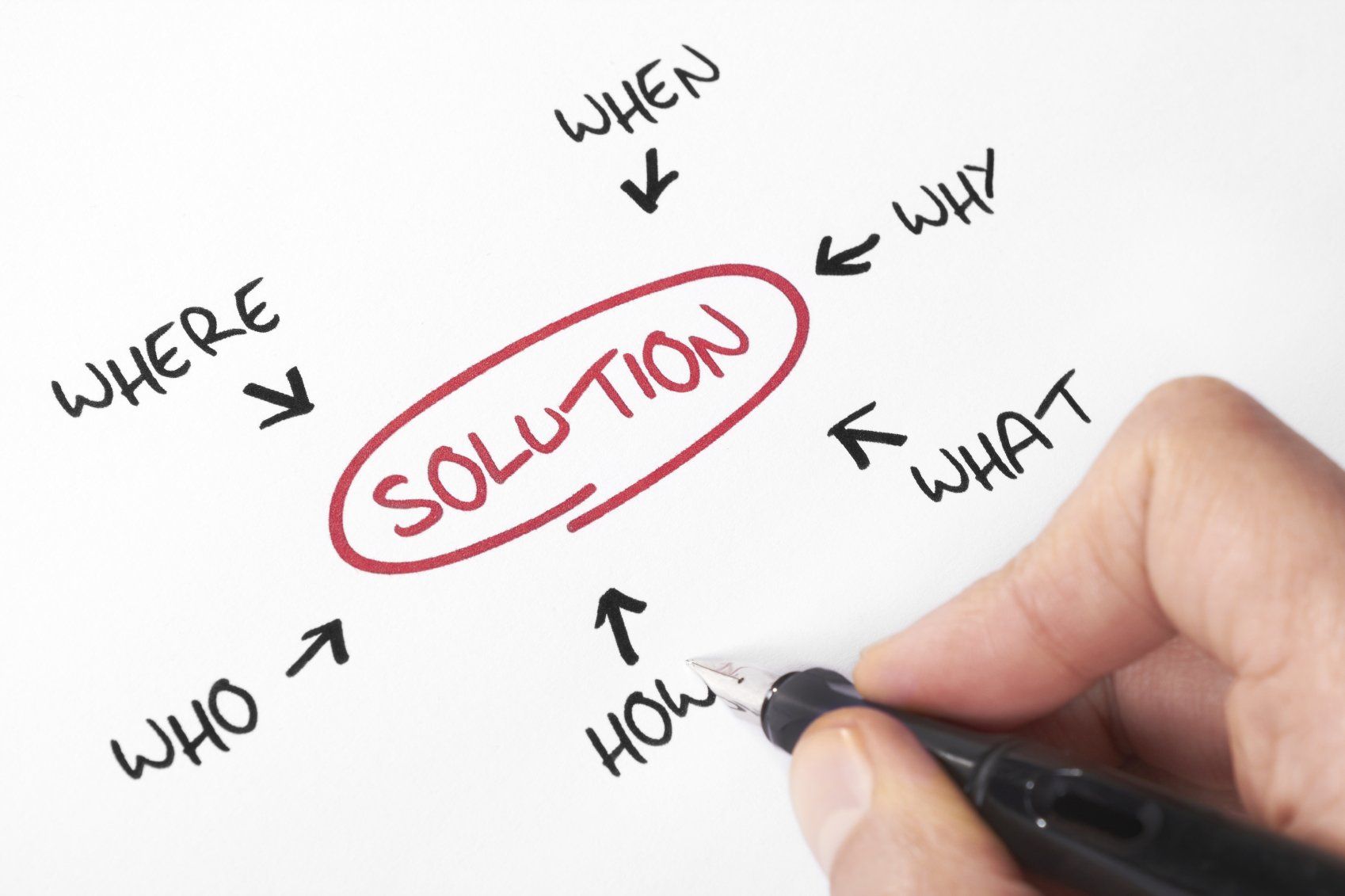
We all have habits we’d love to build—whether it’s exercising more, meditating daily, or simply being more present in our relationships. On the flip side, there are also habits we’d rather leave behind, like doom-scrolling, procrastinating, or hitting snooze one too many times. But changing habits isn’t easy. Our brains love routine, even when it doesn’t serve us. That’s where neuroplasticity comes in—the brain’s ability to rewire itself and adapt to new behaviors. And here’s where things get even more interesting: microdosing has been shown to enhance neuroplasticity, making it a potential game-changer for implementing new habits and letting go of old ones. I’m not here to make bold claims or tell you microdosing is a magic pill. But based on both research and personal experience, I’ve found it to be a powerful tool for rewiring patterns in a way that feels natural, fluid, and sustainable. Let’s break it down.
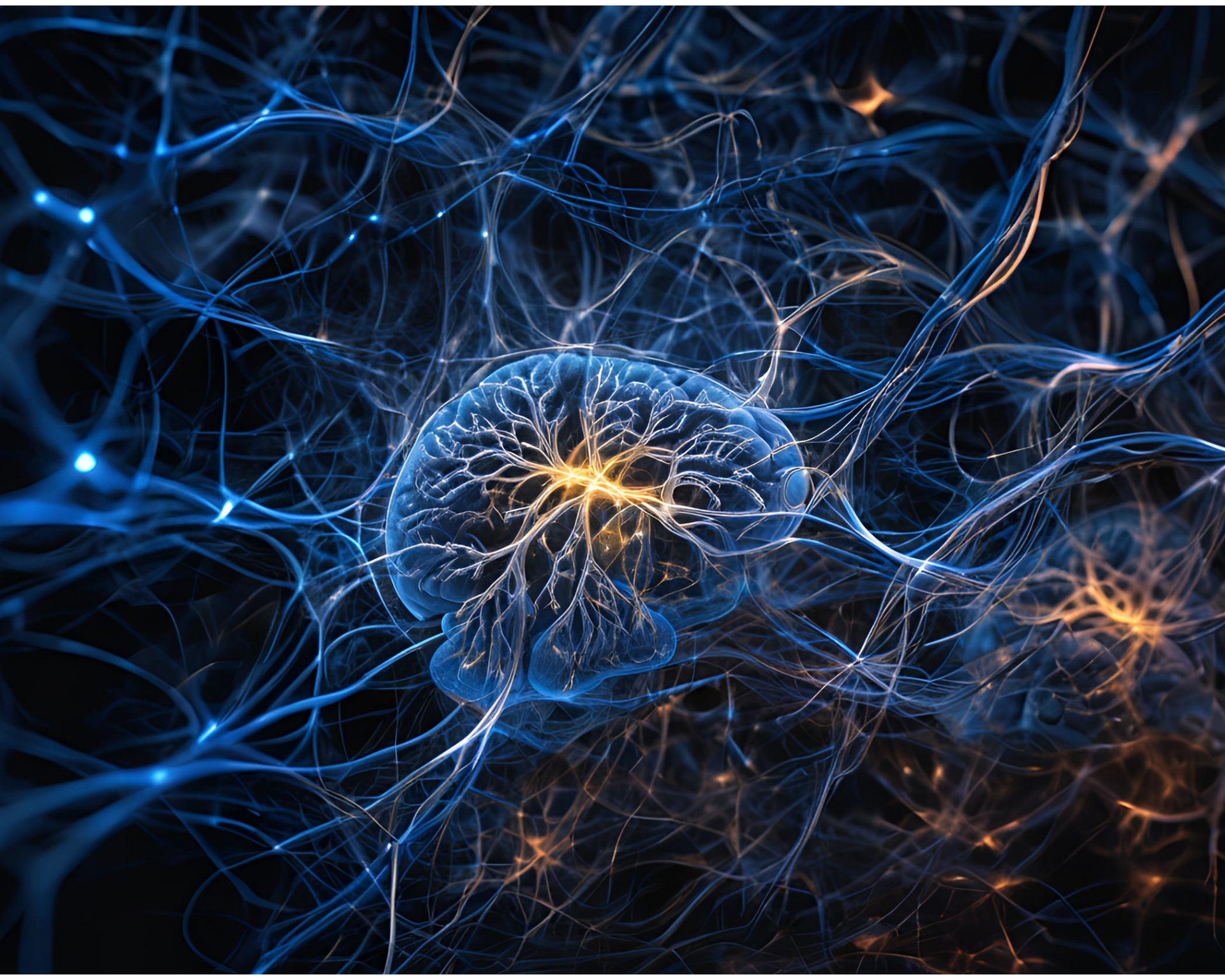
Our ability to adapt, learn, and bounce back from challenges is grounded in the brain’s remarkable ability to change. Whether we're developing new habits, learning something new, or processing emotions, the brain is constantly evolving. This capacity to rewire itself is at the heart of personal growth, and the more we understand about this process, the more we can optimize it. One of the key players in this ability to adapt is Brain-Derived Neurotrophic Factor, or BDNF. You may have heard about it, but what exactly is it, and why does it matter? The body content of your post goes here. To edit this text, click on it and delete this default text and start typing your own or paste your own from a different source.

Explore the potential benefits of microdosing for managing ADHD. Learn how small doses of psychedelics like LSD and psilocybin can enhance focus, improve neuroplasticity, and help with impulse control. Discover studies and personal accounts highlighting microdosing's effects on attention and cognitive function

Are you constantly feeling overwhelmed by the fast-paced world we live in today? Do you find yourself always rushing from one thing to the next without taking a moment to breathe? If so, you may benefit from incorporating slow living practices into your daily routine. Slow living is a lifestyle choice that prioritizes quality over quantity, mindfulness over multitasking, and savoring the present moment over constant hustle. But what exactly is slow living, and how does it impact our mental and physical well-being?

Breathing is a fundamental process that keeps us alive, but have you ever considered its impact on your mental well-being? It may come as a surprise, but there is a direct relationship between healthy breathing patterns and anxiety. In this article, we will explore how breathing patterns affect the anatomy of our bodies, delve into the interconnectedness of breathing and anxiety, and discuss why establishing healthy breathing patterns is crucial for our overall well-being.

Some habits are unconsciously developed from internal or external stress, and others are developed mindfully and for a specific goal; but what are habits? how do they form in the brain, and why does it feel so hard sometimes to release them and integrate new ones? Through the work of Descartes, Kant, and Sartre, habit was thought to be a kind of “mechanism that inhibits consciousness and freedom”. Philosophers like Felix Ravaisson who considered that “actions that are repeated over time become habits, with a curious life of their own” and Henry-Luis Bergson, who took cues from Ravaisson to write about active and passive habits, understood Habit as creative and addressed to the future, rather than negative and arresting freedom. Today, The American Journal of Psychology defines a “habit, from a psychological perspective, [as] a more or less fixed way of thinking, willing, or feeling acquired through previous repetition of a mental experience", and neuroscience has its standpoint on the topic. Neuroscientists at the Massachusetts Institute of Technology found that when practicing a habitual routine such as brushing one’s teeth, certain neurons in the basal ganglia will activate or “fire” at the beginning of the routine. Then, they lay quiet while the routine proceeds. Finally, they fire again when the routine is completed (Martiros, Burgess, & Graybiel, 2018). So now we know that neuronal networks lay the infrastructure for habits. A Habit becomes integrated into our life, so even if we think of something else, some specialized neurons in our brains will “make sure” to remind us to perform the habit.

What we call today psychedelic substances, were for a very long time considered sacred natural medicine among different cultures, mainly the Indigenous peoples of America including the Shipibo, Huichol, and Mazatec as well as the Aztec, Maya, Olmec societies, among others… Unfortunately, this kind of wisdom and knowledge have witnessed centuries of extremely aggressive suppression that started with the Inquisition of the Americas and got even worse upon the start of the “War on drugs” led by the USA in 1971, which was the main reason behind cutting the funding on a large number of clinical trials and studies that were going on at that time, aiming to learn and understand the medical benefits of these naturally occurring substances. Despite all the political pressure, a large number of professionals from the medical field - especially the mental health field - believed in our need for this kind of research after seeing that mental health problems are always on the rise, and the typical treatments used today, are not proving their effectiveness in many of the cases; as a result, the studies on the topic have reemerged over the past couple of decades, proving the potential of addressing specific mental health problems and even enhancing the well-being in general.
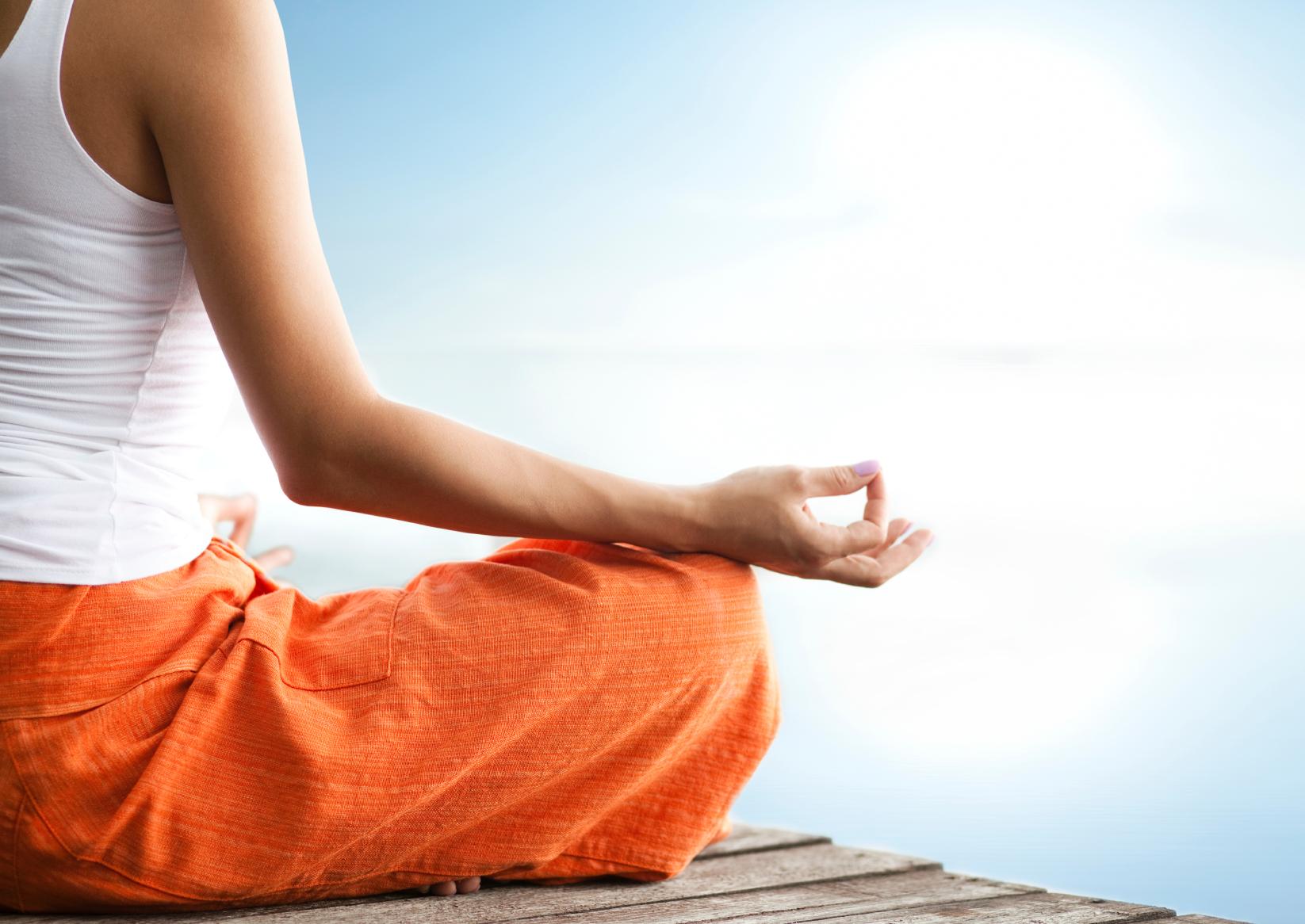
The Bandhas are much more than muscle activation; They are considered Energy “locks” and by activating them, we retain or seal our Pranic energy within the central energy channel in our body, the “Sushumna nadi” which in Yogic beliefs, is believed to run along the Spine. There are 3 main bandhas, the Mula bandha which is the pelvic lock – the Udiyana bandha which is the abdominal lock, Jalandhara bandha which is the chin lock. There is a fourth bandha which is the Maha bandha, which includes all three bandhas in it. On a physical level, while practicing Bandhas’ activation the flow of the blood is temporarily halted, and once released, the flow increases again which affects directly and positively the blood circulation and the activation of body organs. We have different sphincters in our Digestive system, which are specialized rings of muscles that remain in a continuous state of contraction and serve in closing and releasing an opening, and three out of them can be voluntarily contracted to activate these energy locks or Bandhas: The ( IAS ) or the Internal anal sphincter, the sphincter of Oddi, and the lower esophageal sphincter ( LES ).

The word Stoicism as defined in the Oxford English dictionary: “an ancient Greek school of philosophy founded at Athens by Zeno of Citium. T he school taught that virtue, the highest good, is based on knowledge; the wise live in harmony with the divine Reason (also identified with Fate and Providence) that governs nature, and are indifferent to the vicissitudes of fortune and pleasure and pain.” Passing through hard times or living difficult situations sometimes leads people to states of despair, but what about having no expectations of how the world should be and dealing with it the way it is and not the way it “should” be? The once wealthy merchant “Zeno of Cyprus” was shipwrecked in Athens around 300 BCE and lost all his possessions and wealth, which instead of leading him to despair, became the foundation of his legacy, the Stoic school of thought. After starting to read for Socrates, Zeno the Cyprus decided to learn from the city philosophers to later become a teacher himself, teaching students a new philosophy called Stoicism which name originates from stoa poikilê- a public colonnade where Zeno and his students gathered to discuss different topics.

Sometimes before going to a place where we have never been before, we try to Visualize the road, to plan the way. This act of visualization is done using our imagination, and interestingly enough, this same act has bigger powers than just helping us mentally draw the lines of the way to a friend’s house, and to use these powers properly, there is no need for any ritual or spell, these are creative techniques and mental laws. Visualization is considered a cognitive process that relates to consciously creating vivid images in our brain, and by changing the “imaginary” image, our feelings about its subject change as well. Scientists using brain imagery could suggest that through Visualization, our neurons interpret the image as equivalent to a real-life action and receive an “order” from the brain to “act” or “perform” accordingly.
